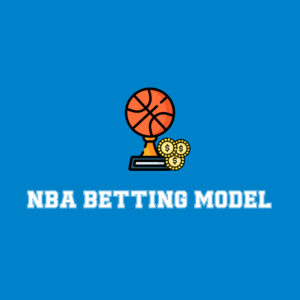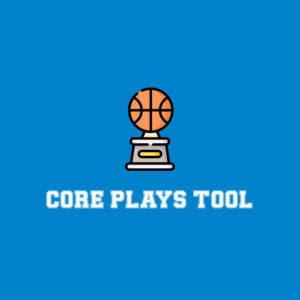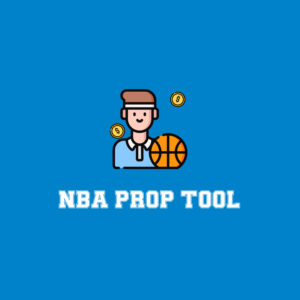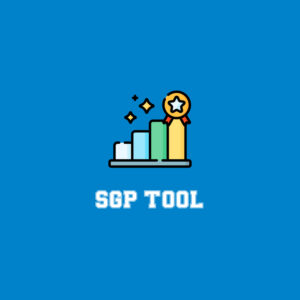
So I had this nutty idea to examine how I could stack the best team in MLB in a hypothetical draft. I said to myself, “You should look at which team has the most high-end talent and write an article about stacking them.”
So I used my super-technical analytical skills to determine without question which team provides the most high-end talent for fantasy by counting up the players taken in the first 100 picks in January NFBC Draft Champion leagues. Based on this in-depth and intensive exercise, I show you below the teams that provide four or more players in the top 100:
- Four: Arizona, Miami, Milwaukee (with Corbin Burnes gone), Minnesota, NY Mets, NY Yankees, San Diego, Tampa Bay, Toronto
- Five: Baltimore (with Burnes in town), Houston, Seattle (think pitching)
- Six: Philadelphia
- Seven: LA Dodgers
- Eight: Atlanta
As you can see from the list above, there are 15 MLB teams that have four or more players drafted in the top 100 (this could change based on where players like Blake Snell and Cody Bellinger end up). Nine of those teams have four players in the top 100; three have 5; and one — the Phillies — has 6. These 13 teams are therefore exhibiting good solid representation in the top 100. So that leaves the two teams with the most players: the Los Angeles Dodgers (7) and the Atlanta Braves (8). I know the Dodgers have some serious talent — particularly since they have three players (Mookie Betts, Freddie Freeman, Shohei Ohtani) who are consensus first-rounders in 15-team leagues. And with seven players drafted in the top 100 and more in the 101-200 range (and Emmet Sheehan hanging out in the top 250 as well), there’s a wealth of talent in the organization.
But even, so I am pronouncing the Atlanta Braves as the top dog in my deep analytical dive. Braves not only hold the top overall player in Ronald Acuña, but the top overall pitcher in Spencer Strider. That alone is remarkable. But even beyond those two (who are Round 1 selections in any league), the Braves have four more players drafted between 18 and 33 — Matt Olson, Austin Riley, Ozzie Albies and Michael Harris. That’s six players in the top 33 (18%). And it doesn’t stop there. The Braves have two more players in the top 65 — Raisel Iglesias and Max Fried — and then five more players in the top 250.
The chart below shows the NFBC ADP for the top Atlanta players in Draft Champion leagues in January (Jan. 1-27) as well as FTN’s own VDP based on Vlad Sedler’s exhaustive analysis of the value of each player (based on standard 5×5 roto and his own projections). I have highlighted in green the players who VDP shows as a value even above these lofty ADP levels, and 10 of the 13 players are shown as a positive value according to his analysis.
| Player Rank on Team | Atlanta Braves | January DC ADP | FTN VDP |
| 1 | Ronald Acuña | 1 | 1 |
| 2 | Spencer Strider | 7 | 6 |
| 3 | Matt Olson | 18 | 13 |
| 4 | Austin Riley | 21 | 18 |
| 5 | Ozzie Albies | 27 | 22 |
| 6 | Michael Harris | 33 | 31 |
| 7 | Raisel Iglesias | 57 | 48 |
| 8 | Max Fried | 63 | 51 |
| 9 | Chris Sale | 139 | 124 |
| 10 | Sean Murphy | 146 | 141 |
| 11 | Marcell Ozuna | 162 | 150 |
| 12 | Jarred Kelenic | 226 | 213 |
| 13 | Charlie Morton | 238 | 249 |
Can You Stack?
So I explained very carefully to Vlad that I planned to write an article about stacking Braves. He calmly pointed out that this was impossible — in a 15-team league, you’d be very lucky to get two of the top eight Braves in the first three rounds. I tried to say that I might get lucky and have extra first- and second-round selections, but he said, “Listen, we’re trying to write articles that have some realism attached to them.” So even though I think this unfair and have elevated this to the top levels of the FTN organization, I sadly had to scrub my plans to get Ronald Acuña, Spencer Strider, Matt Olson and Austin Riley on the same roster (what about an auction article though?).
So this left me with some real work to do (which I was trying to avoid). I had to really think this time. And I decided that if I couldn’t stack Braves, how about we stack the team that could be the equal of the Braves by the end of 2024 and maybe drafted just as highly in 2025? For this approach, I have chosen the Baltimore Orioles, who have what may be the best farm system in MLB. The idea is that if you catch a team on the rise, you can have a whole crew of players outperforming their ADP, giving you a big leg up on your fantasy league.
| Player Rank on Team | Baltimore Orioles | January DC ADP | FTN VDP |
| 1 | Corbin Burnes | 23 | 24 |
| 2 | Gunnar Henderson | 34 | 35 |
| 3 | Adley Rutschman | 54 | 59 |
| 4 | Grayson Rodriguez | 65 | 71 |
| 5 | Kyle Bradish | 88 | 76 |
| 6 | Craig Kimbrel | 102 | 99 |
| 7 | Anthony Santander | 144 | 139 |
| 8 | Cedric Mullins | 155 | 175 |
| 9 | Jackson Holliday | 220 | 228 |
| 10 | Ryan Mountcastle | 245 | 205 |
| 11 | John Means | 279 | 288 |
| 12 | Jordan Westburg | 311 | 319 |
| 13 | Austin Hays | 316 | 306 |
| 14 | Dean Kremer | 338 | 350 |
| 15 | Tyler Wells | 343 | 353 |
| 16 | Ryan O’Hearn | 413 | 419 |
| 17 | Colton Cowser | 511 | 501+ |
| 18 | Coby Mayo | 519 | 501+ |
| 19 | Jorge Mateo | 523 | 500 |
| 20 | Heston Kjerstad | 571 | 501+ |
| 21 | Connor Norby | 638 | 501+ |
Now this team you could try to stack! You could get Corbin Burnes in the second round of a 15-team draft and Gunnar Henderson/Adley Rutschman in the third and fourth rounds. You can then pick and choose, but the key to targeting this team is how to approach the youngsters. They have all the talent in the world, but if they are blocked by the current major-leaguers, it does fantasy drafters no good. My suggestion is to focus on one or two of these talented young players and draft them as well as the current major league player that is in their way. If you do so, an April or May deal (or injury) could leave you in an excellent position.
Here is my rough idea of the position player roster and who is in the wings waiting for an opportunity:
| Position | Player | ADP | Younger Player Waiting for an Opportunity | ADP |
| C | Adley Rutschman | 54 | ||
| 1B | Ryan O’Hearn | 413 | Heston Kjerstad | 571 |
| 3B | Gunnar Henderson | 34 | Coby Mayo | 519 |
| 2B | Jordan Westburg | 311 | Connor Norby | 638 |
| SS | Jorge Mateo | 523 | Jackson Holliday | 220 |
| DH | Ryan Mountcastle | 245 | Heston Kjerstad | 571 |
| LF | Austin Hays | 316 | Heston Kjerstad | 571 |
| CF | Cedric Mullins | 155 | Colton Cowser | 511 |
| RF | Anthony Santander | 144 | Heston Kjerstad | 571 |
The Roster in Charm City
If Anthony Santander, Ryan Mountcastle and Ryan O’Hearn are still on the roster, Heston Kjerstad and Coby Mayo should open the year at AAA. Similarly, if Cedric Mullins and Austin Hays are still on the roster, Colton Cowser and Connor Norby will be there as well. It will take a trade or a non-tender of some of the veterans in order for Kjerstad/Mayo/Cowser/Norby to project for the Opening Day roster. But as we’ve seen with the acquisition of Corbin Burnes, maybe the floodgates are about to open.
Jackson Holliday, SS
Let’s start with Jackson Holliday: I’m leaning against having him as a stacking target even though he may come to camp with a chance to win the starting shortstop job. He’s still going through legitimate physical maturation, so who knows how much stronger he’ll be in six months? His exit velocities aren’t as intense as the other hitters in the top five of prospect rankings, but the expectation is that he will hit the ball harder as his body matures. Holliday is a plus runner who hits left-handed, which is important given how his future home park plays (much better for lefty power than righty power). His defense is behind his offense, but remember, he has played 36 games at AA and 18 games at AAA. I believe the most likely play is for Baltimore to give him at least a couple of months at AAA.
Connor Norby, 2B
I also am not recommending stashing Connor Norby: He has a career .295/.362/.498 slash line, and has produced 25 home runs, 10 steals and a 21% strikeout rate in 147 games at AAA. However, Norby bats right-handed, and Oriole Park at Camden Yards is not a plus for right-handed batters. Norby has average speed and could chip in a handful of steals if he is playing every day, but still maybe not worth it as a bench stash this spring.
Coby Mayo, 3B
Now this guy is a target. Coby Mayo had an elite 106.6-mph exit velocity at AAA. While (like Norby) he does hit right-handed, he appears to be big-league ready. I am suggesting pairing Mayo with Ryan Mountcastle — who, if traded, would likely thrust Mayo into a regular spot. He saw more time at third base than first base in 2023, but he profiles best with this team at first base and designated hitter long term.
Jordan Westburg, 2B/3B
Jordan Westburg doesn’t really need to be paired with a veteran. He might be good for 18 homers and 10 steals with a .260-.280 average even as the roster stands. He’s a lock to be on the Opening Day roster, it’s just a question of whether he’s playing almost every day or more like four days a week. The 25-year-old did produce 27 homers in the minors in 2022 and 18 in 67 games with AAA Norfolk in 2023 before his promotion, but he managed just three homers in 68 games in the majors. Westburg’s average exit velocity (90.2 mph) and hard-hit rate (44.5%) were good, and his sprint speed (88th percentile) was better. The plate discipline, though, needs work.
Heston Kjerstad, UT
My second big target is Heston Kjerstad. According to FTN’s own Eric Cross in his recent article: “I’m a tad more in on Heston Kjerstad for 2024 due to his ability to play first base as well. Kjerstad is a plus power bat that posted a .528 SLG, .225 ISO and 21 home runs in 543 plate appearances last season while also hitting .303 with a .376 OBP. Over a full season, Kjerstad could be an annual 25-plus-homer bat that hits in the .260-.270 range or so.” While he is limited defensively to designated hitter, first base and occasional corner-outfield work, Kjerstad’s bat should be good enough — he had a 113.5 mph max exit velocity at AAA and didn’t show significant lefty/righty splits last year, but he should be able to hit for plenty of power, even if he’s getting platooned. My suggestion is to pair Kjerstad with Austin Hays — who is not expensive and just might be pushed aside early in the season. Be aware though that initially he is only UT-eligible in NFBC leagues.
Colton Cowser, OF
Finally, there is Colton Cowser, the No. 5 overall pick in 2021. Cowser did everything you might have wanted to see in AAA,, slashing .300/.417/.520 with 17 home runs, 9 steals, a 26.8 K% and a 16.0 BB% in 87 games. I think he could be good for 20-25 homers over a full season, and he is an above-average runner with a plus arm, so he can play all three outfield spots as needed. The left-handed Cowser has never had a walk rate below 10%, so he might eventually lead off. However, it is certainly possible that he’ll be in the bottom half while sitting against some lefties. I think he is best paired with Cedric Mullins, who has had a few recent injury issues.
Conclusion
The nice thing about stacking a lot of the younger Oriole players is that it won’t cost you a lot of draft capital. You can’t overdo it, because if you’re drafting a roster with a typical seven-man bench you won’t want to have more than one or two stashes taking up space. But if you can pair Mayo and Mountcastle and maybe Kjerstad and Hays — you just might have a winner on your hands.








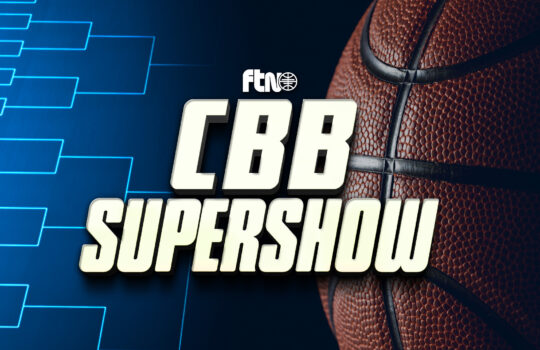

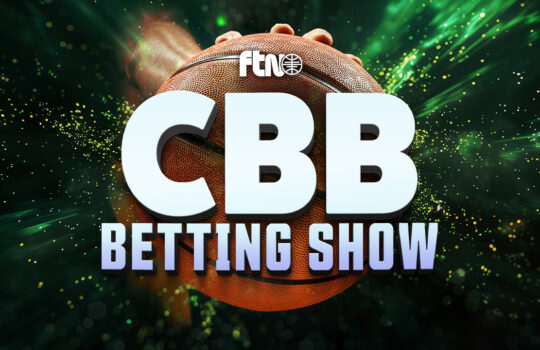










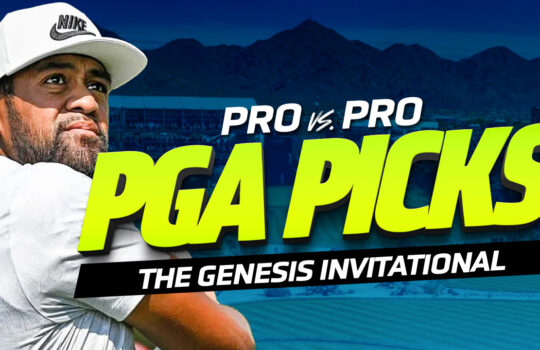
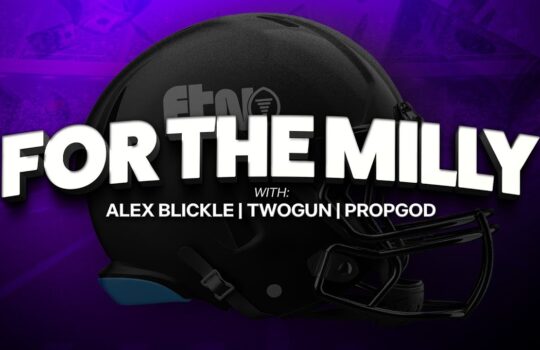






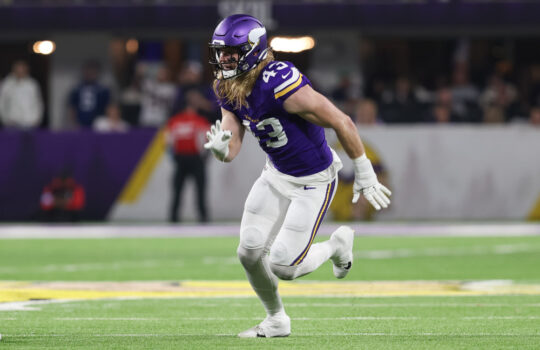



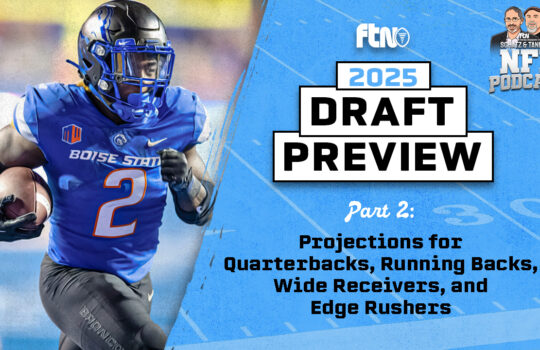

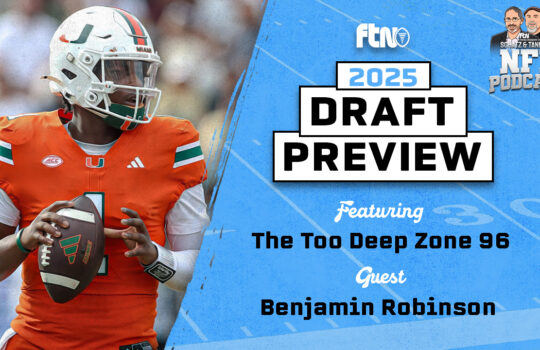
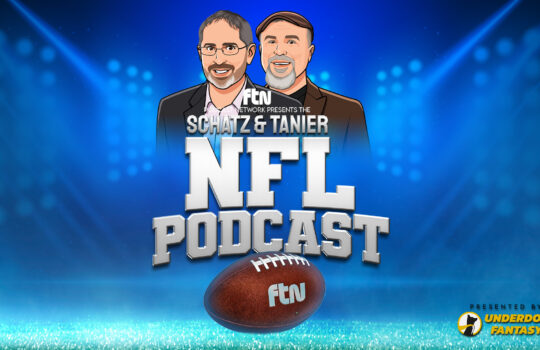




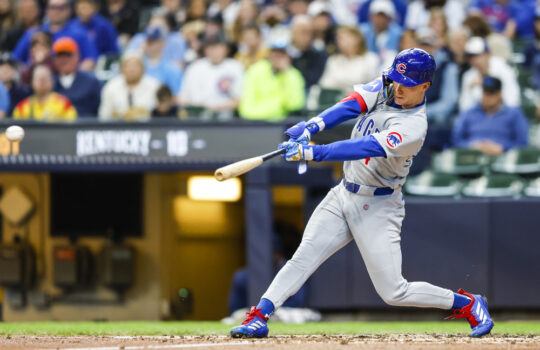

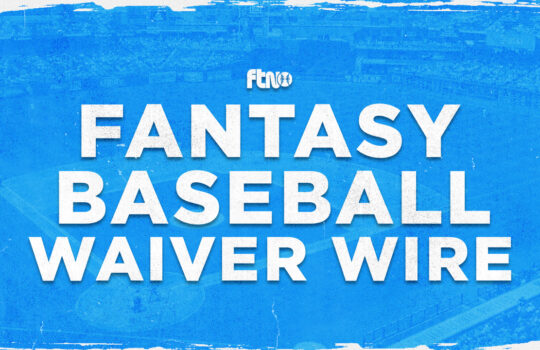

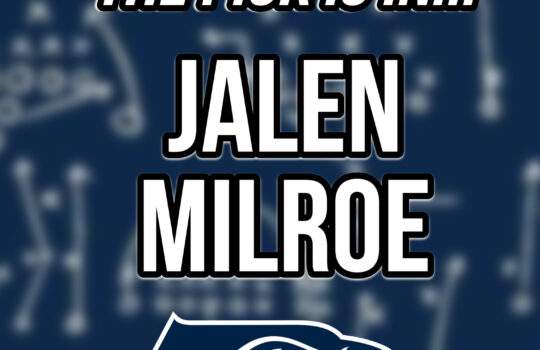

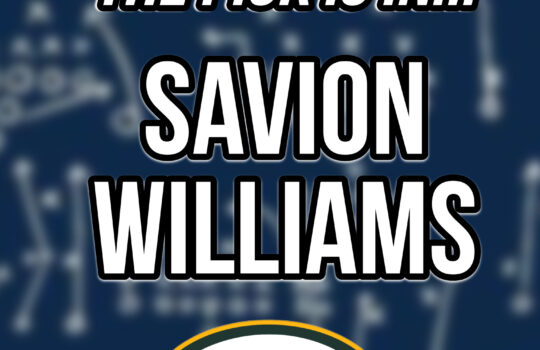
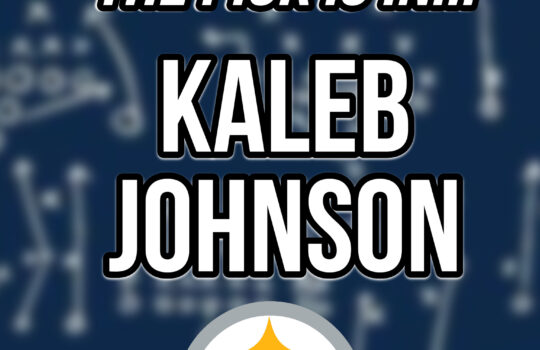

 New York Jets
New York Jets  New England Patriots
New England Patriots 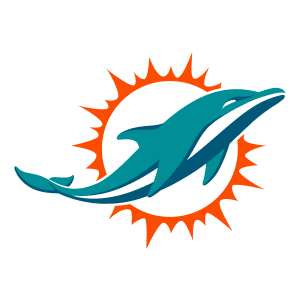 Miami Dolphins
Miami Dolphins  Buffalo Bills
Buffalo Bills  Pittsburgh Steelers
Pittsburgh Steelers  Cleveland Browns
Cleveland Browns  Cincinnati Bengals
Cincinnati Bengals 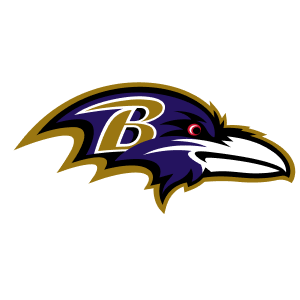 Baltimore Ravens
Baltimore Ravens 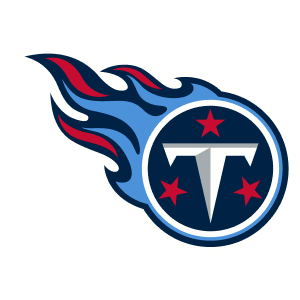 Tennessee Titans
Tennessee Titans  Jacksonville Jaguars
Jacksonville Jaguars  Indianapolis Colts
Indianapolis Colts  Houston Texans
Houston Texans  Las Vegas Raiders
Las Vegas Raiders 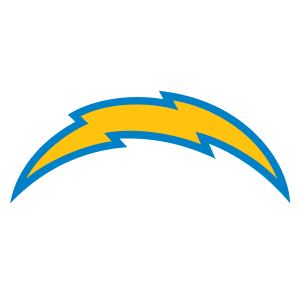 Los Angeles Chargers
Los Angeles Chargers  Kansas City Chiefs
Kansas City Chiefs 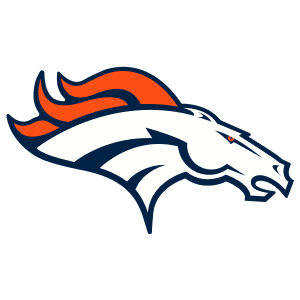 Denver Broncos
Denver Broncos 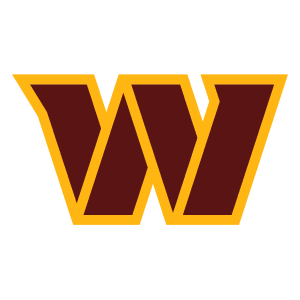 Washington Commanders
Washington Commanders  Philadelphia Eagles
Philadelphia Eagles 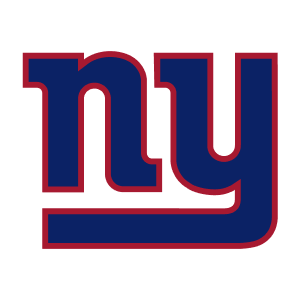 New York Giants
New York Giants  Dallas Cowboys
Dallas Cowboys 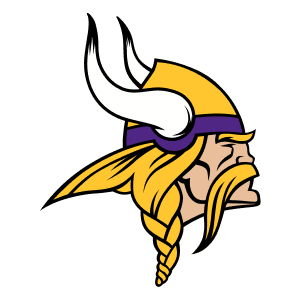 Minnesota Vikings
Minnesota Vikings 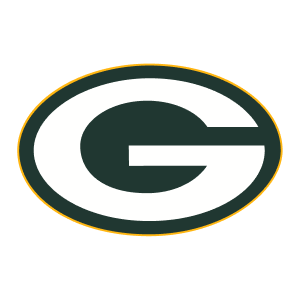 Green Bay Packers
Green Bay Packers 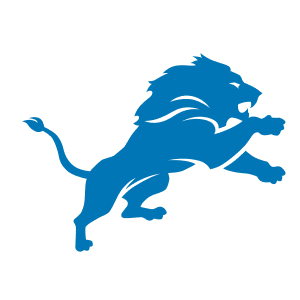 Detroit Lions
Detroit Lions 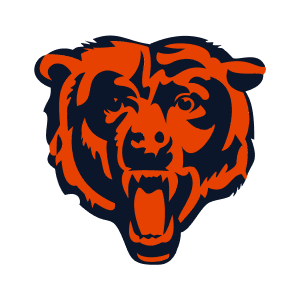 Chicago Bears
Chicago Bears 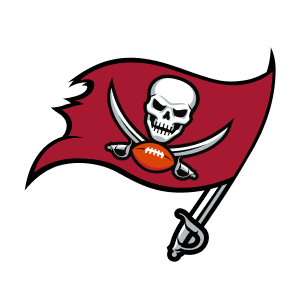 Tampa Bay Buccaneers
Tampa Bay Buccaneers  New Orleans Saints
New Orleans Saints 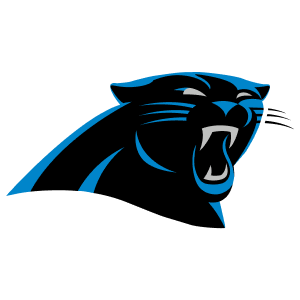 Carolina Panthers
Carolina Panthers 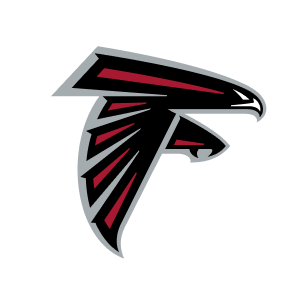 Atlanta Falcons
Atlanta Falcons 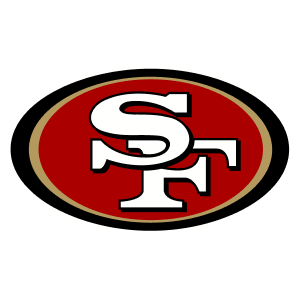 San Francisco 49ers
San Francisco 49ers 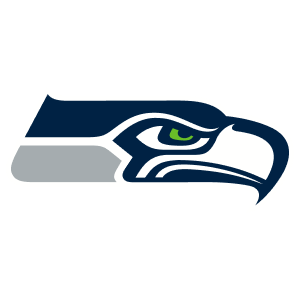 Seattle Seahawks
Seattle Seahawks 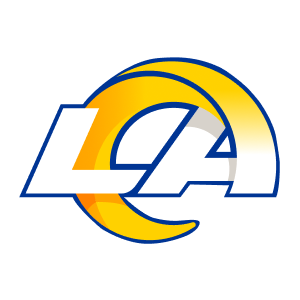 Los Angeles Rams
Los Angeles Rams 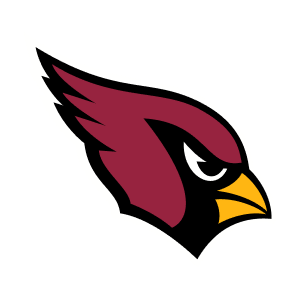 Arizona Cardinals
Arizona Cardinals 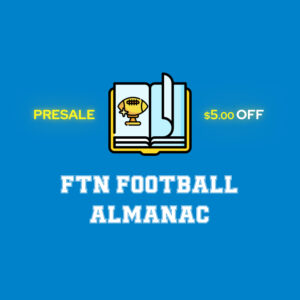
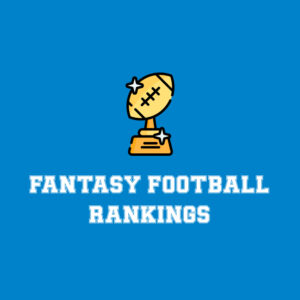
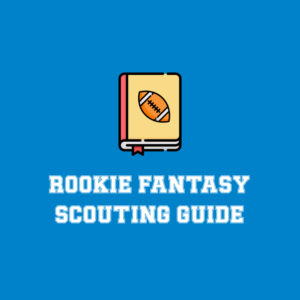
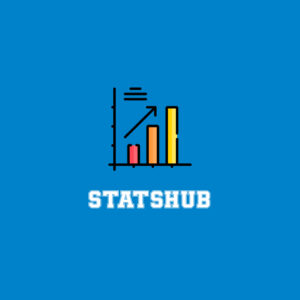
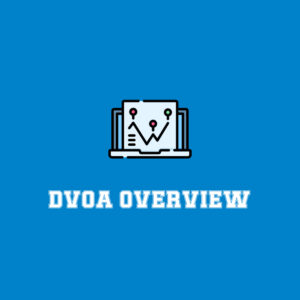




 Boston Celtics
Boston Celtics  Brooklyn Nets
Brooklyn Nets  Philadelphia 76ers
Philadelphia 76ers  New York Knicks
New York Knicks  Toronto Raptors
Toronto Raptors  Chicago Bulls
Chicago Bulls  Detroit Pistons
Detroit Pistons  Milwaukee Bucks
Milwaukee Bucks  Cleveland Cavaliers
Cleveland Cavaliers  Indiana Pacers
Indiana Pacers  Orlando Magic
Orlando Magic 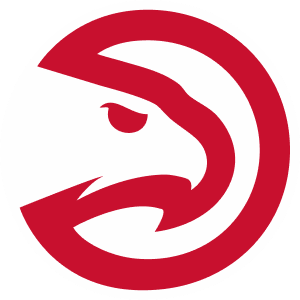 Atlanta Hawks
Atlanta Hawks  Charlotte Hornets
Charlotte Hornets  Miami Heat
Miami Heat  Washington Wizards
Washington Wizards  Denver Nuggets
Denver Nuggets 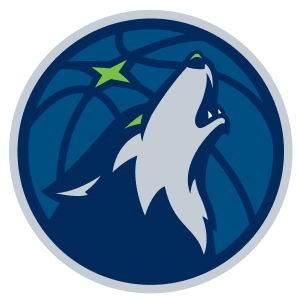 Minnesota Timberwolves
Minnesota Timberwolves  Oklahoma City Thunder
Oklahoma City Thunder  Portland Trail Blazers
Portland Trail Blazers  Utah Jazz
Utah Jazz  LA Clippers
LA Clippers  Golden State Warriors
Golden State Warriors  Los Angeles Lakers
Los Angeles Lakers  Phoenix Suns
Phoenix Suns  Sacramento Kings
Sacramento Kings  Dallas Mavericks
Dallas Mavericks  Houston Rockets
Houston Rockets  Memphis Grizzlies
Memphis Grizzlies  New Orleans Pelicans
New Orleans Pelicans  San Antonio Spurs
San Antonio Spurs 
